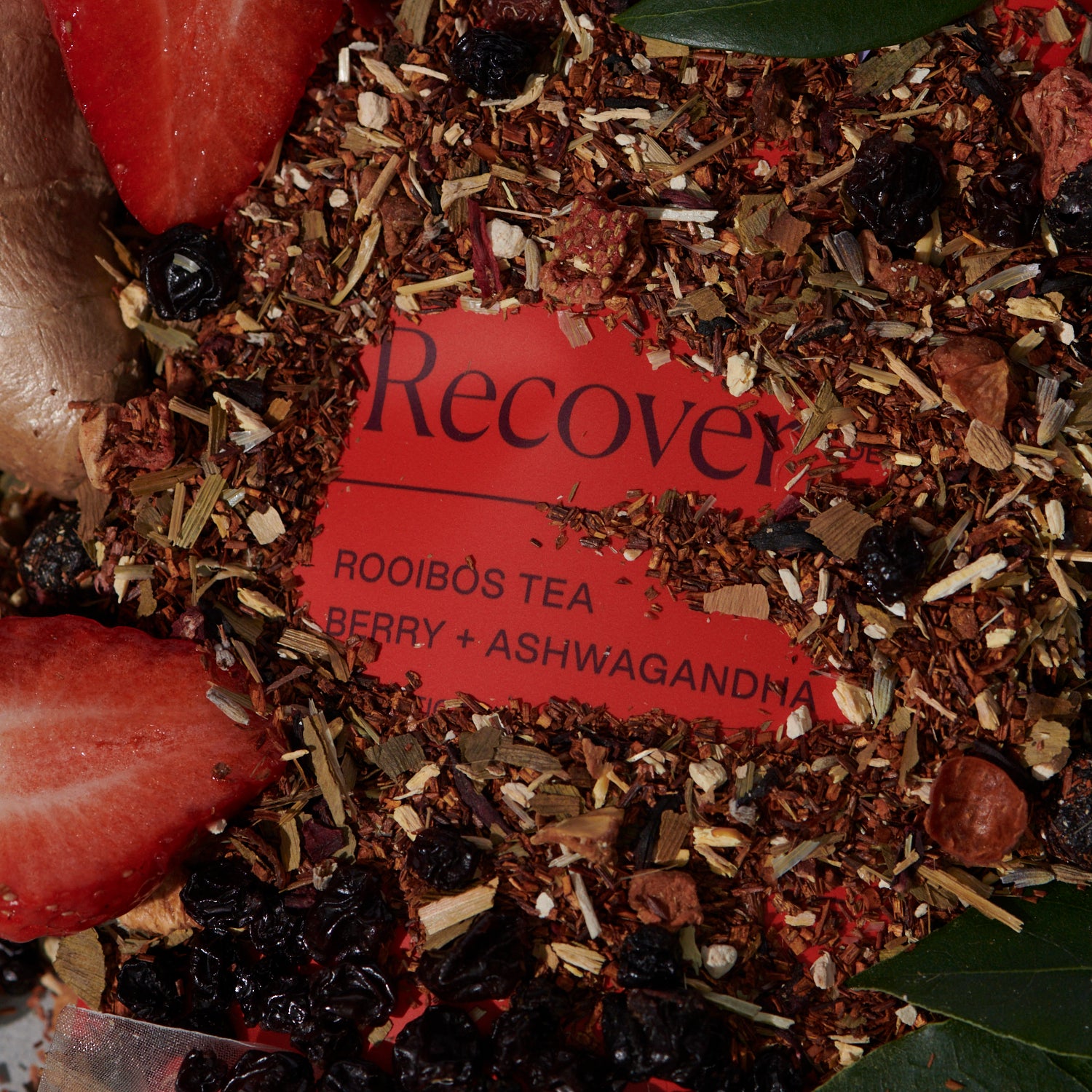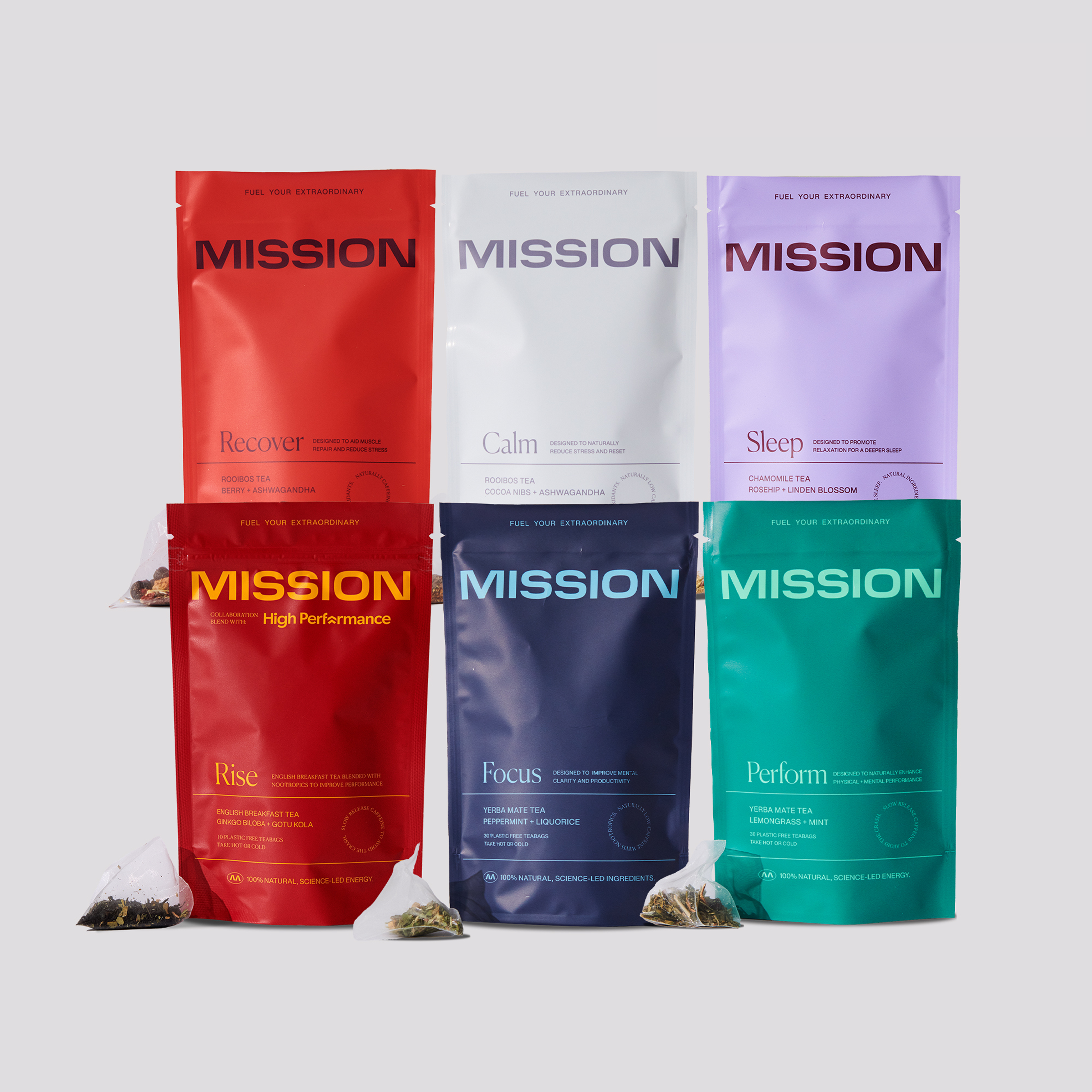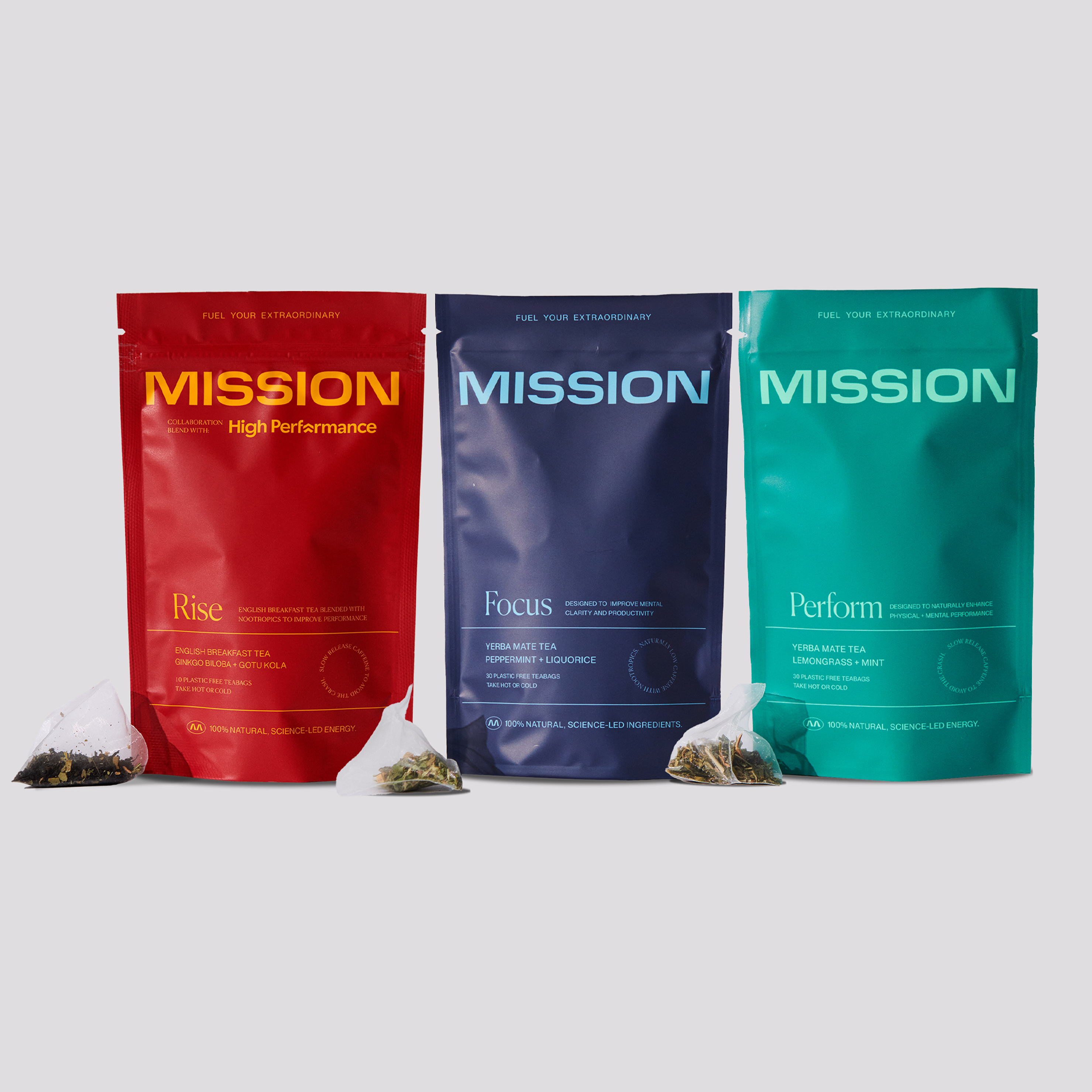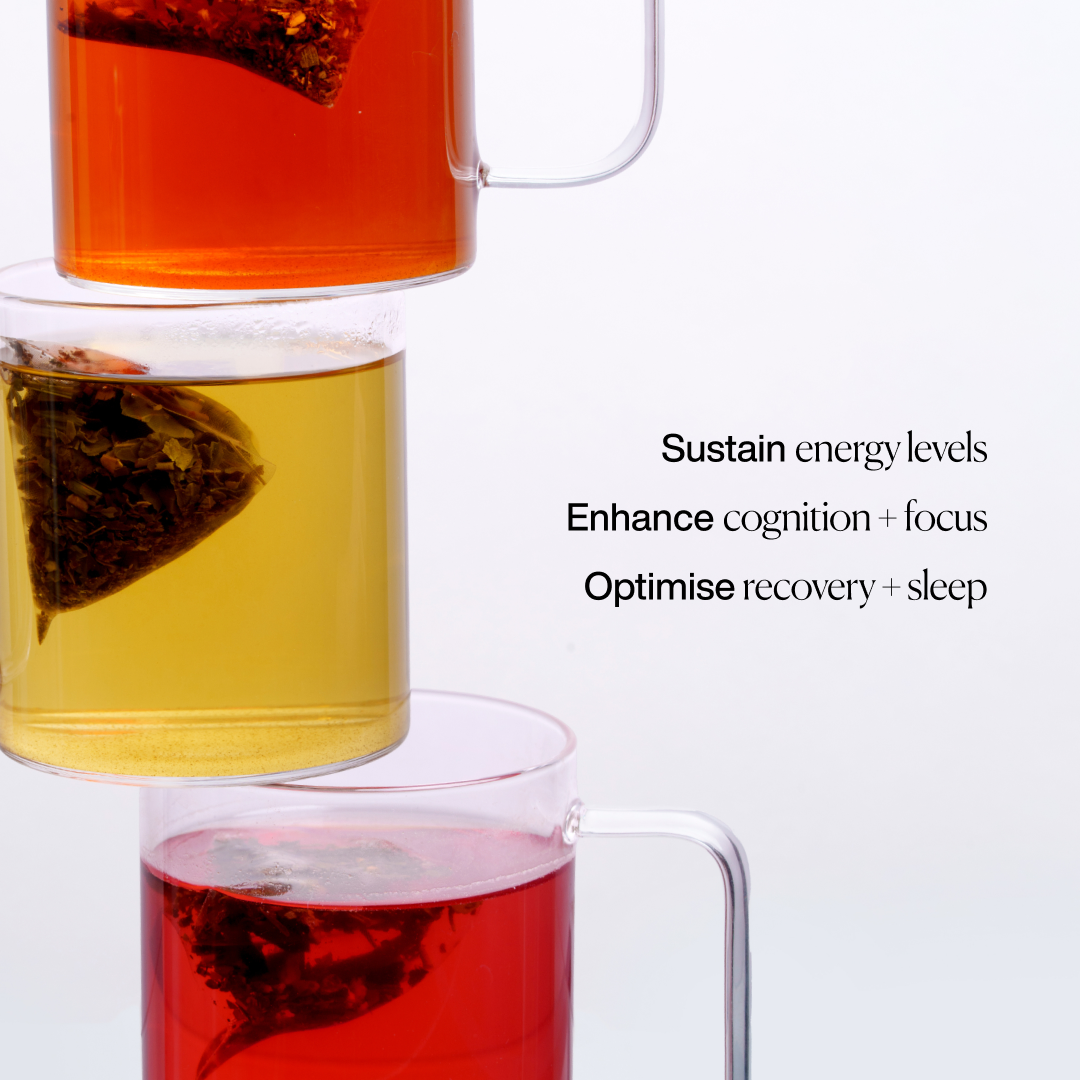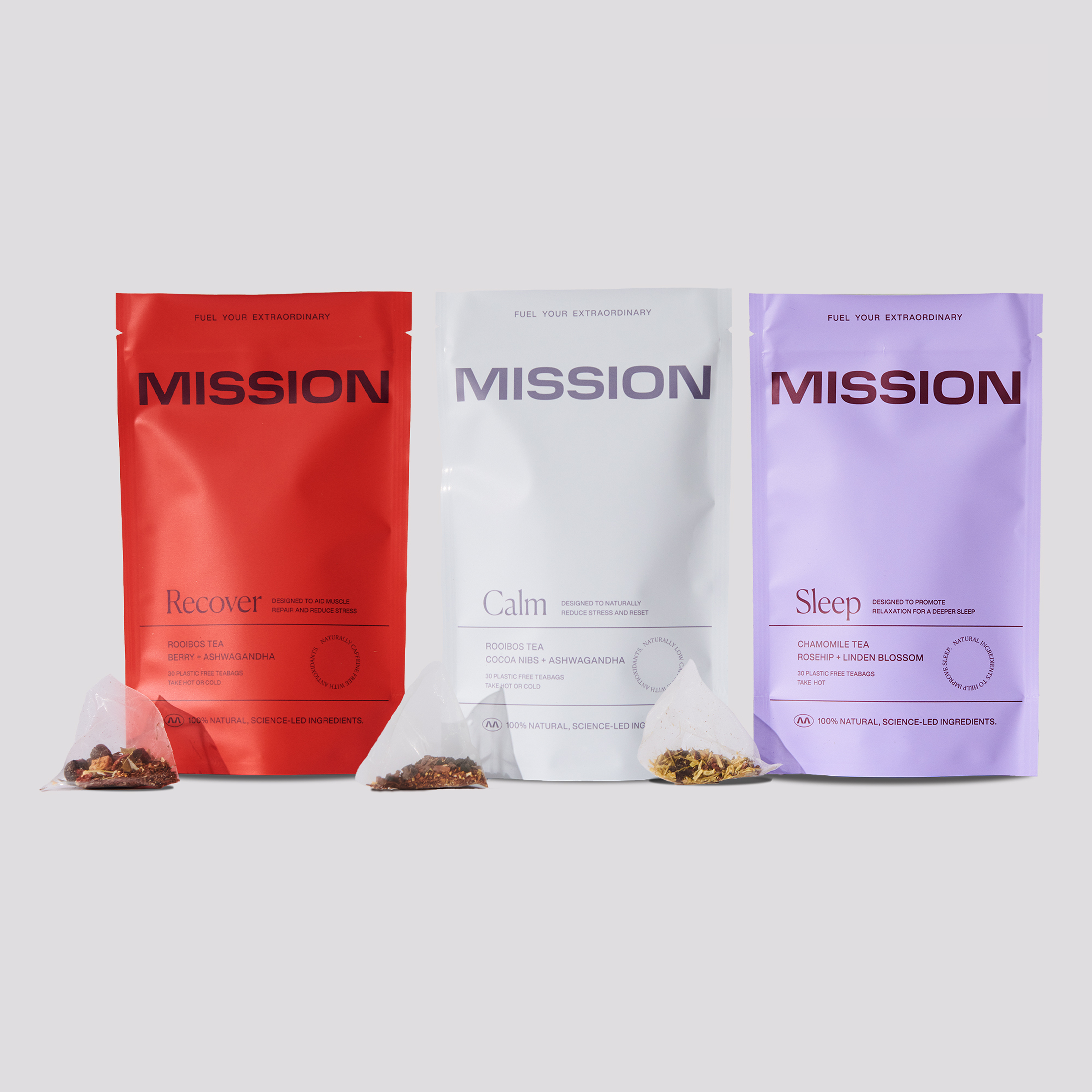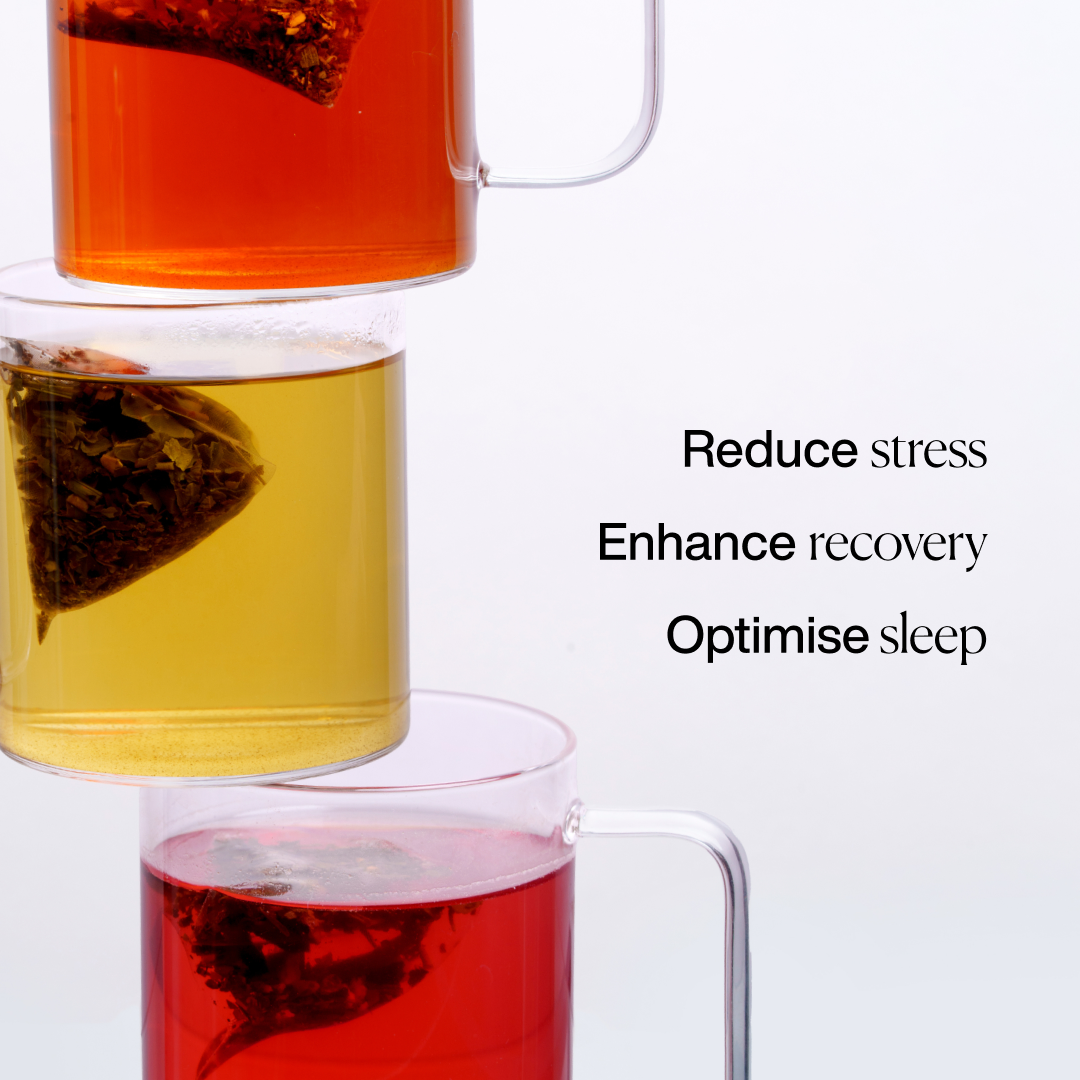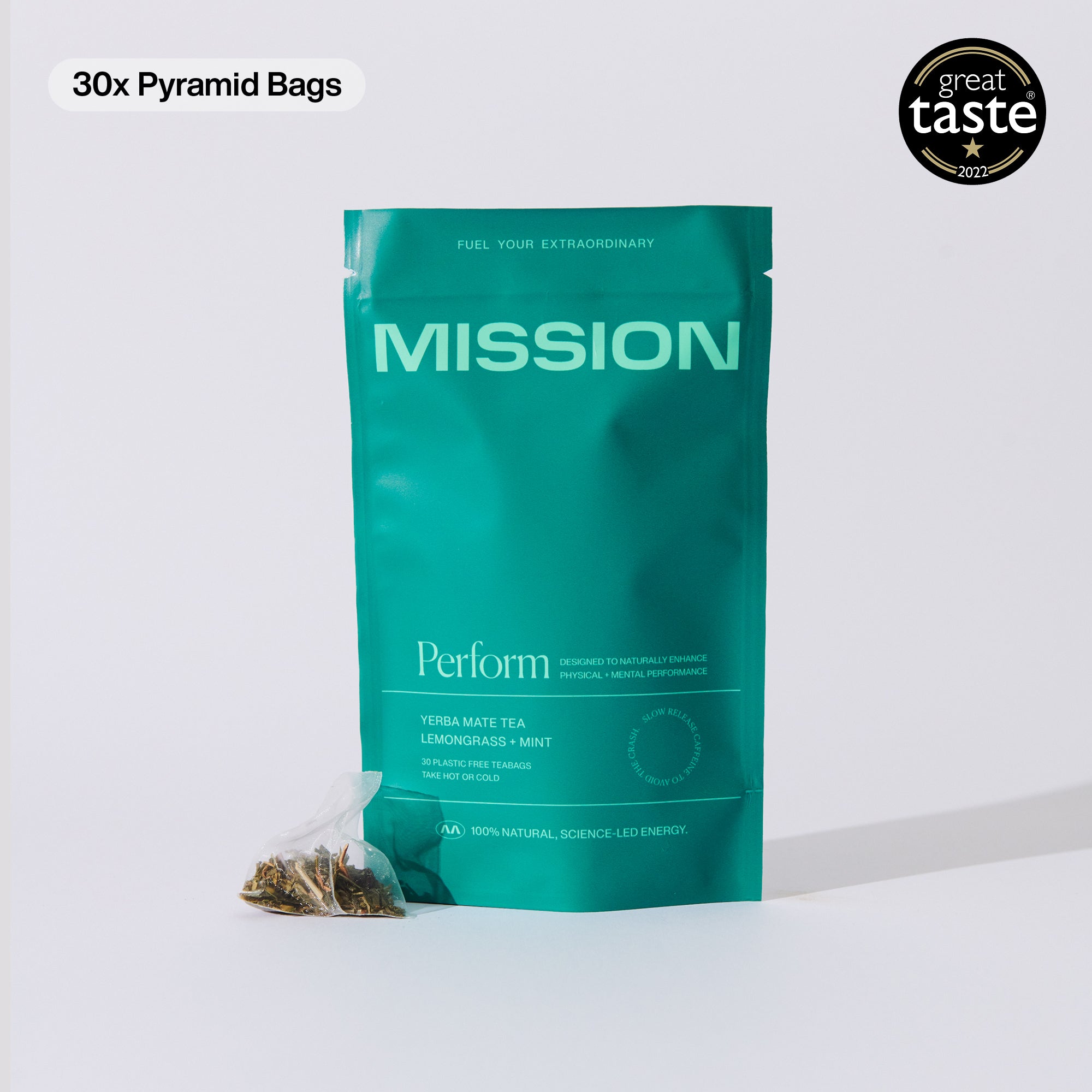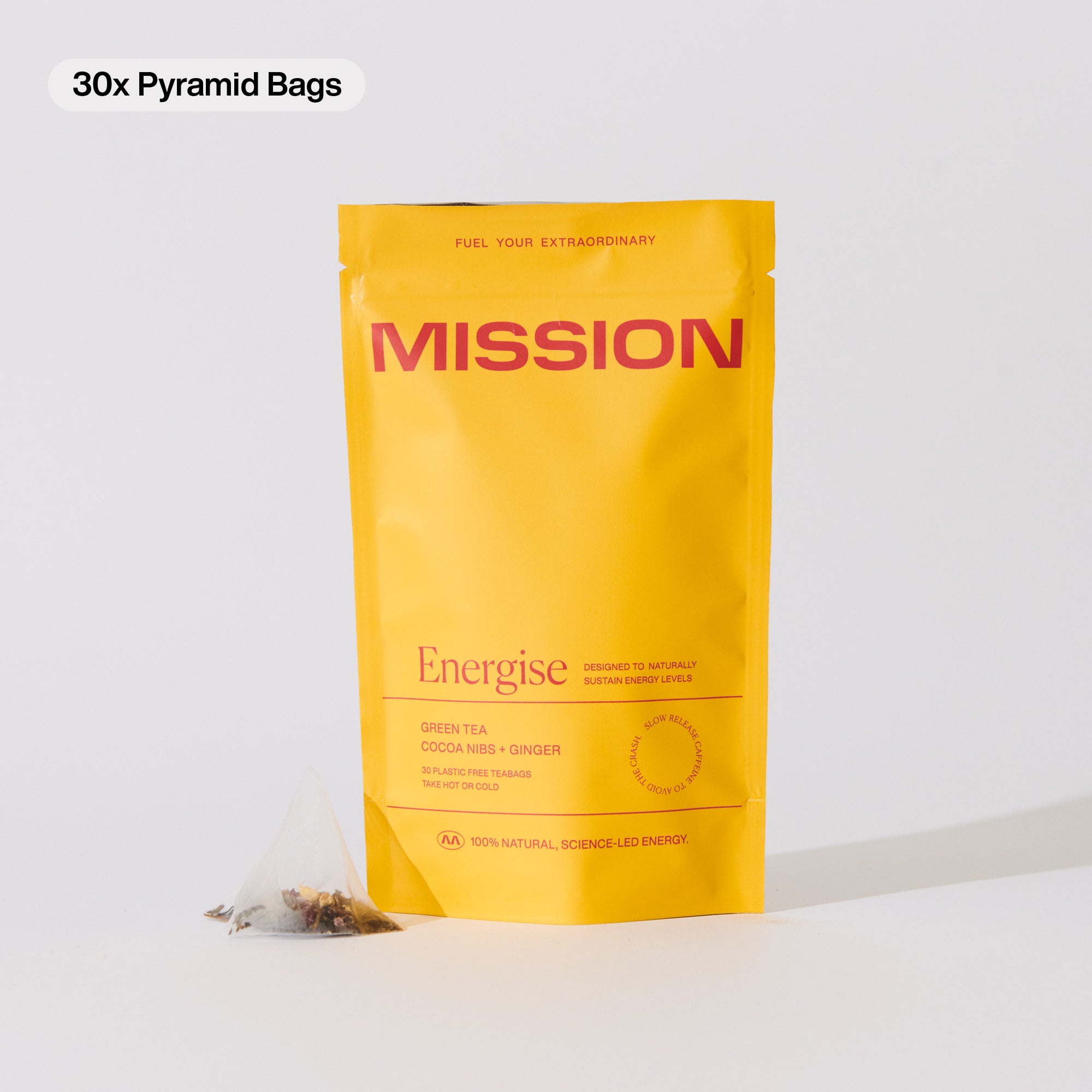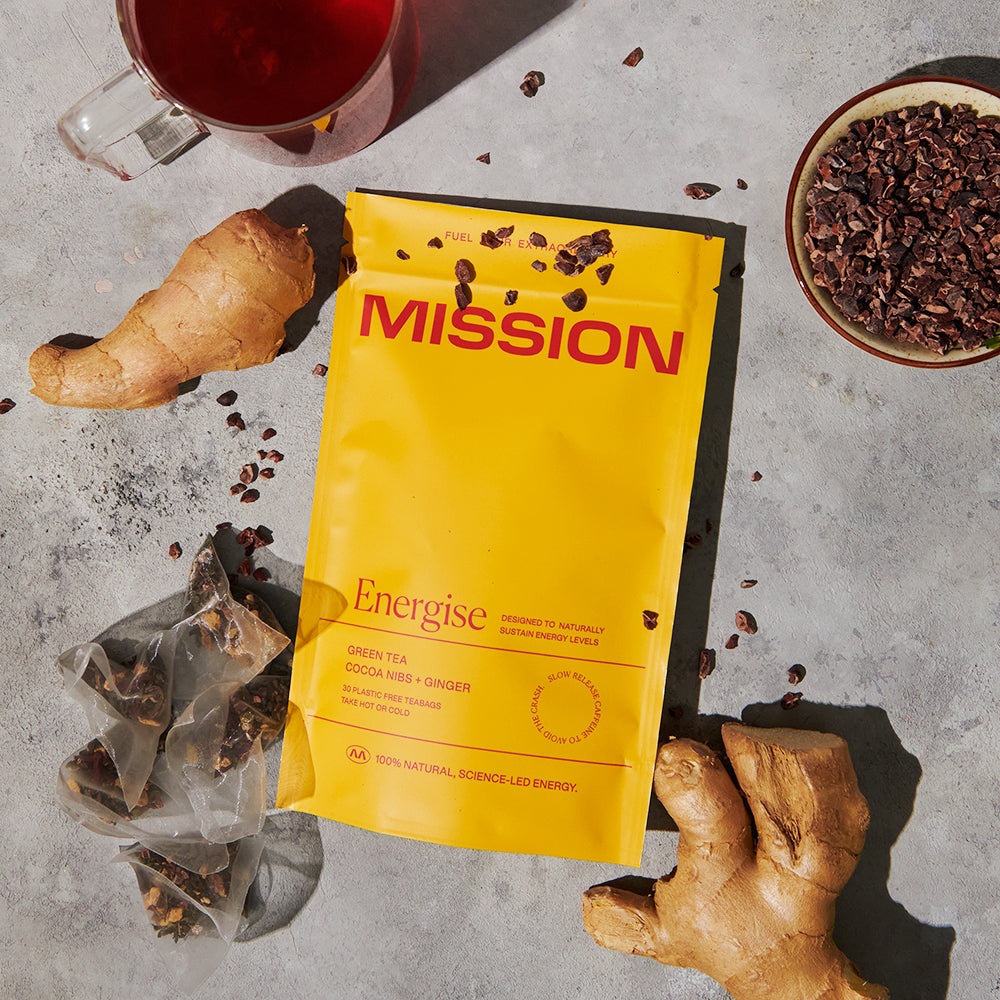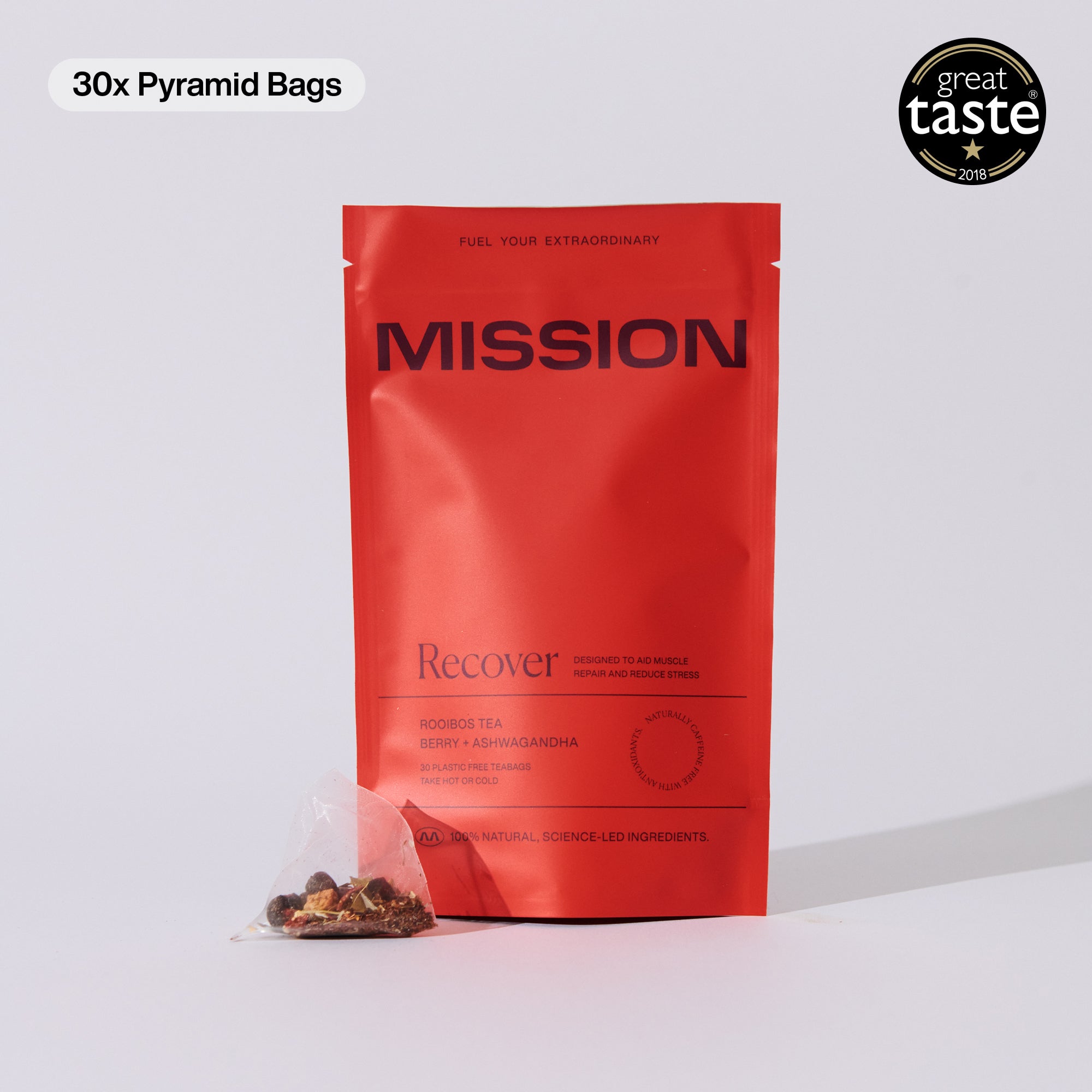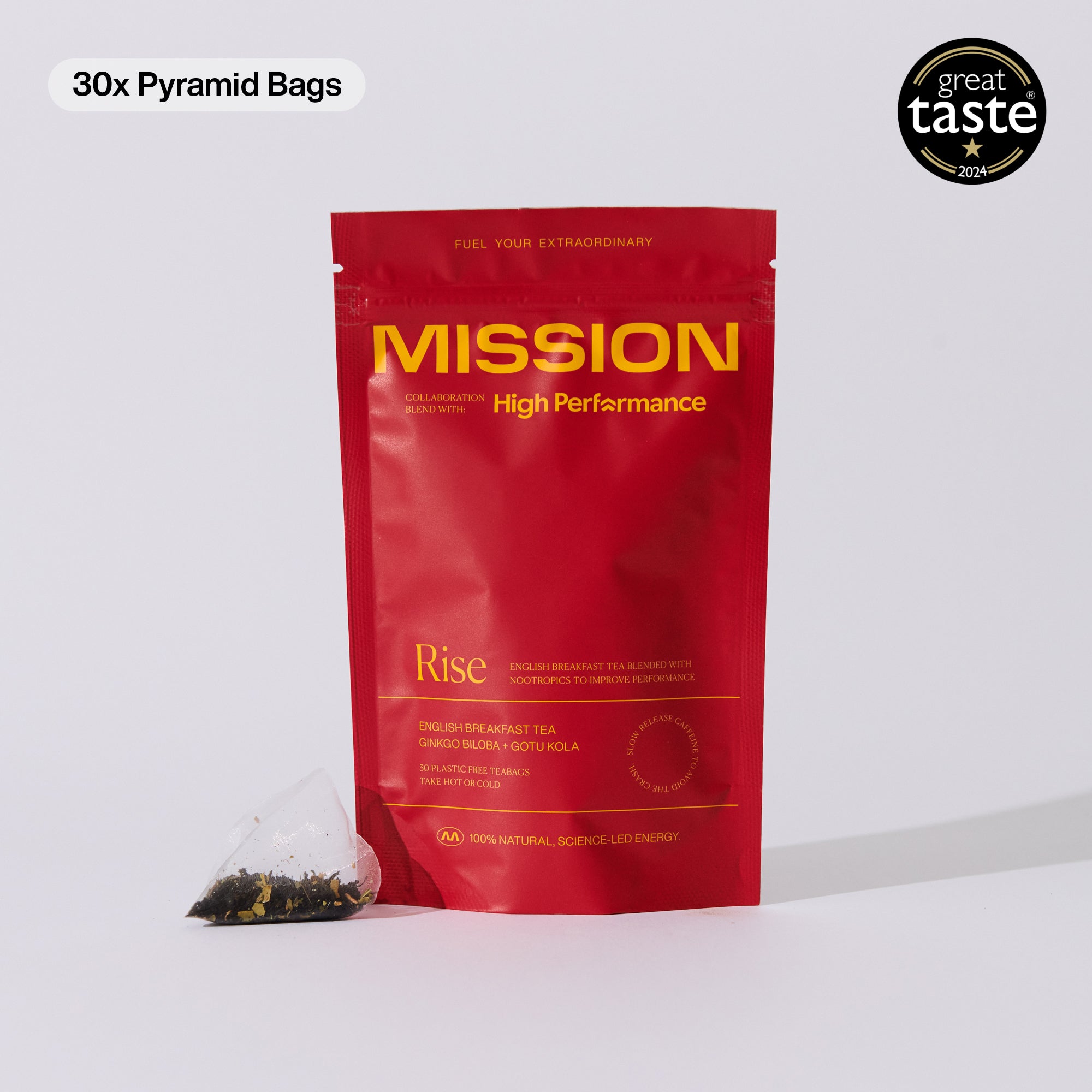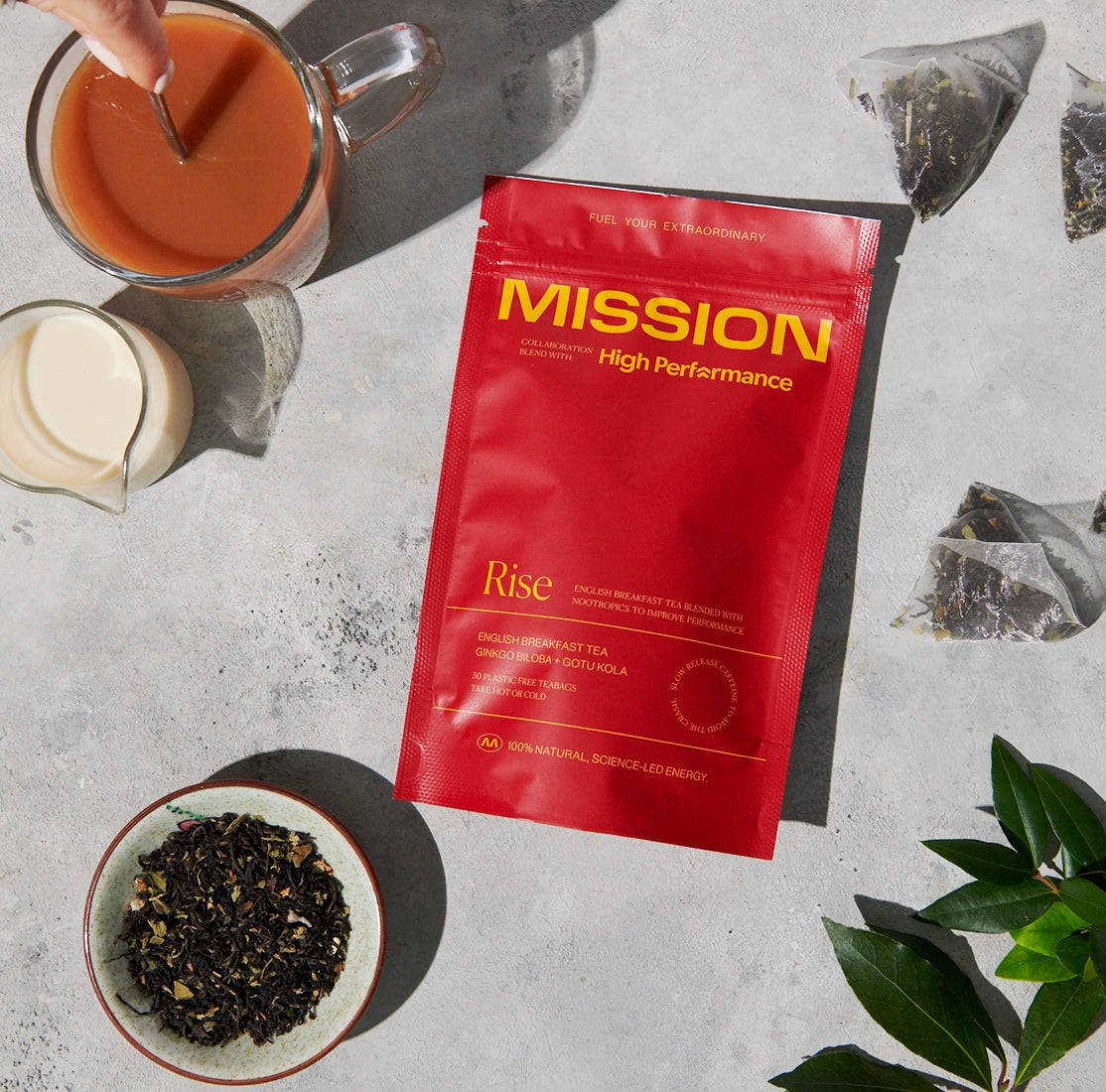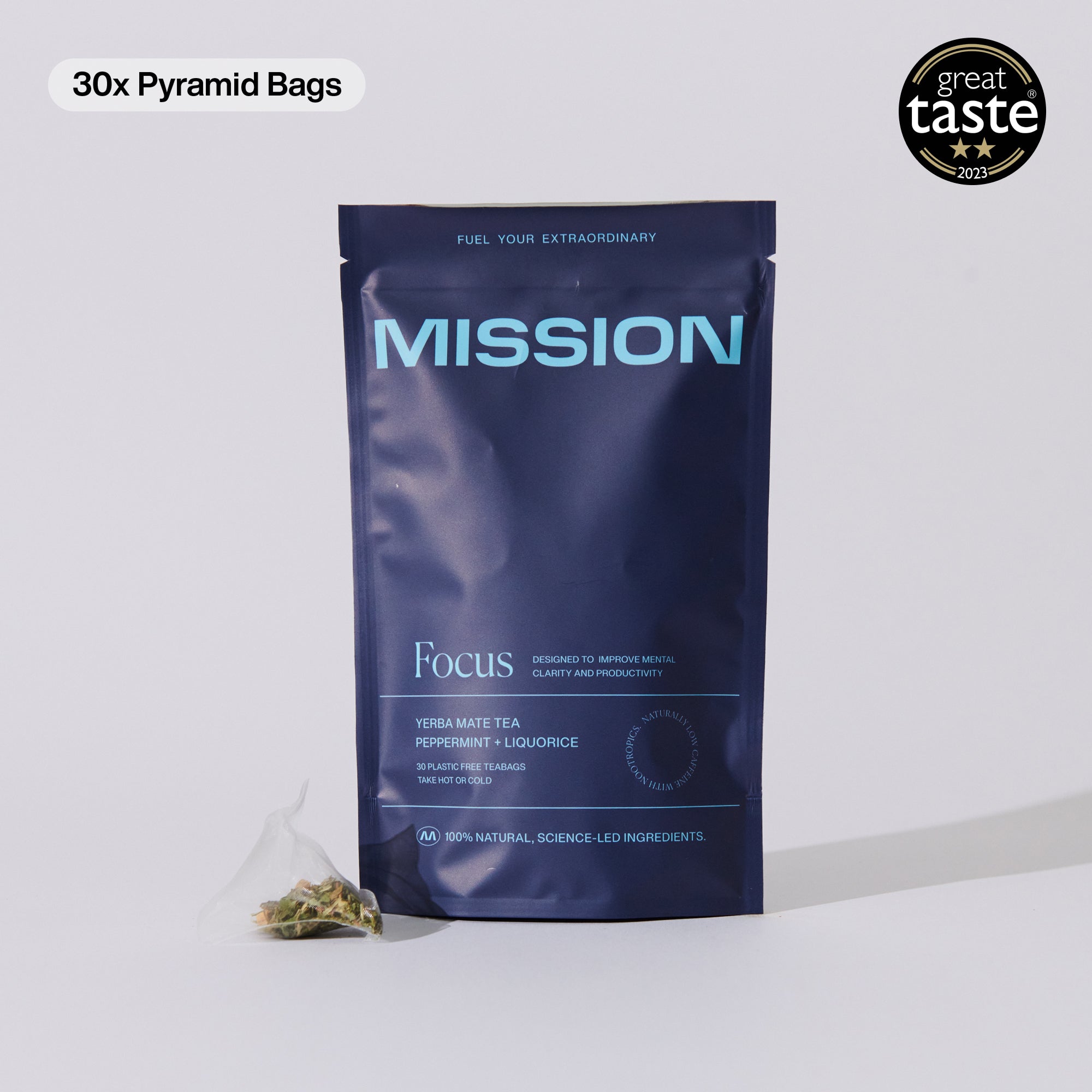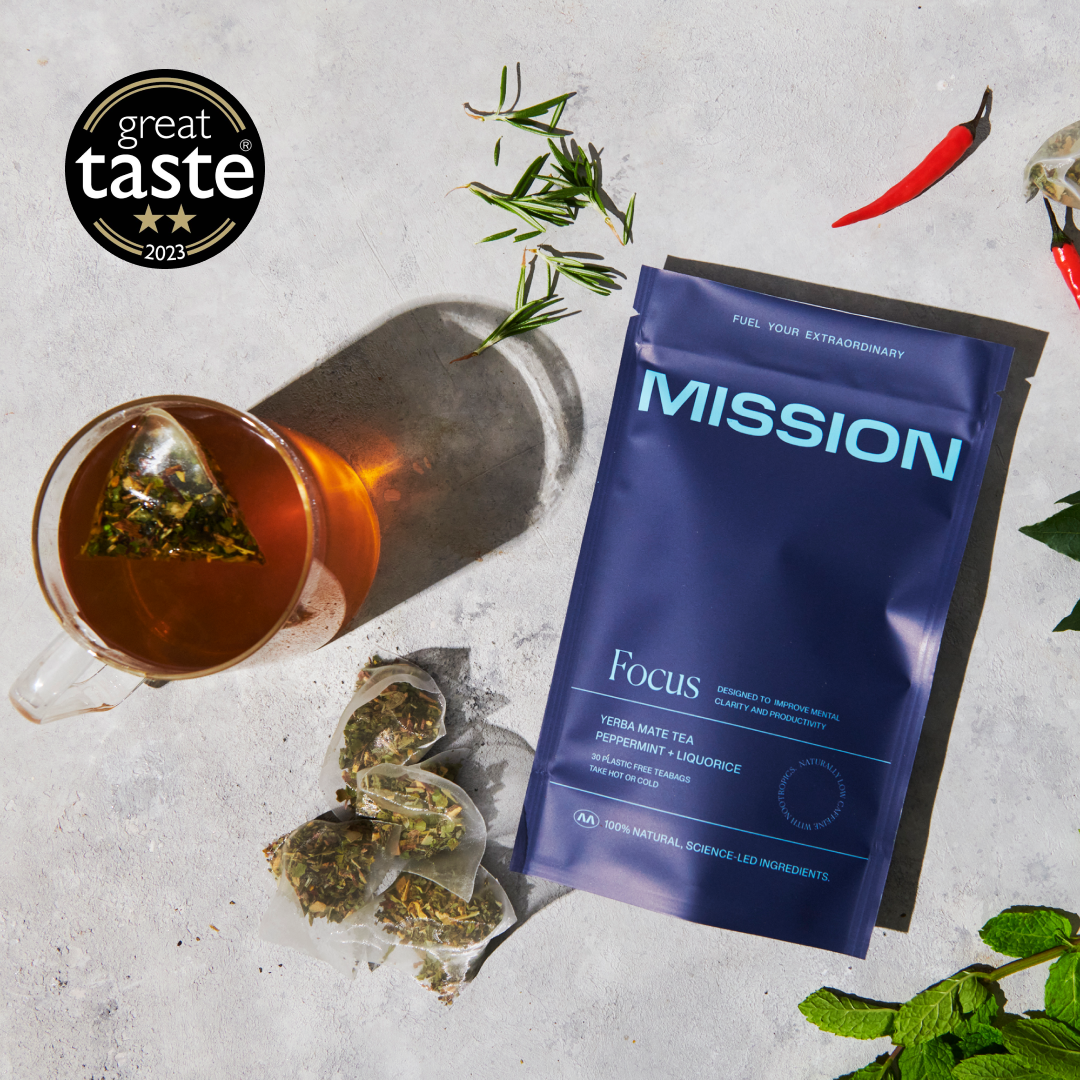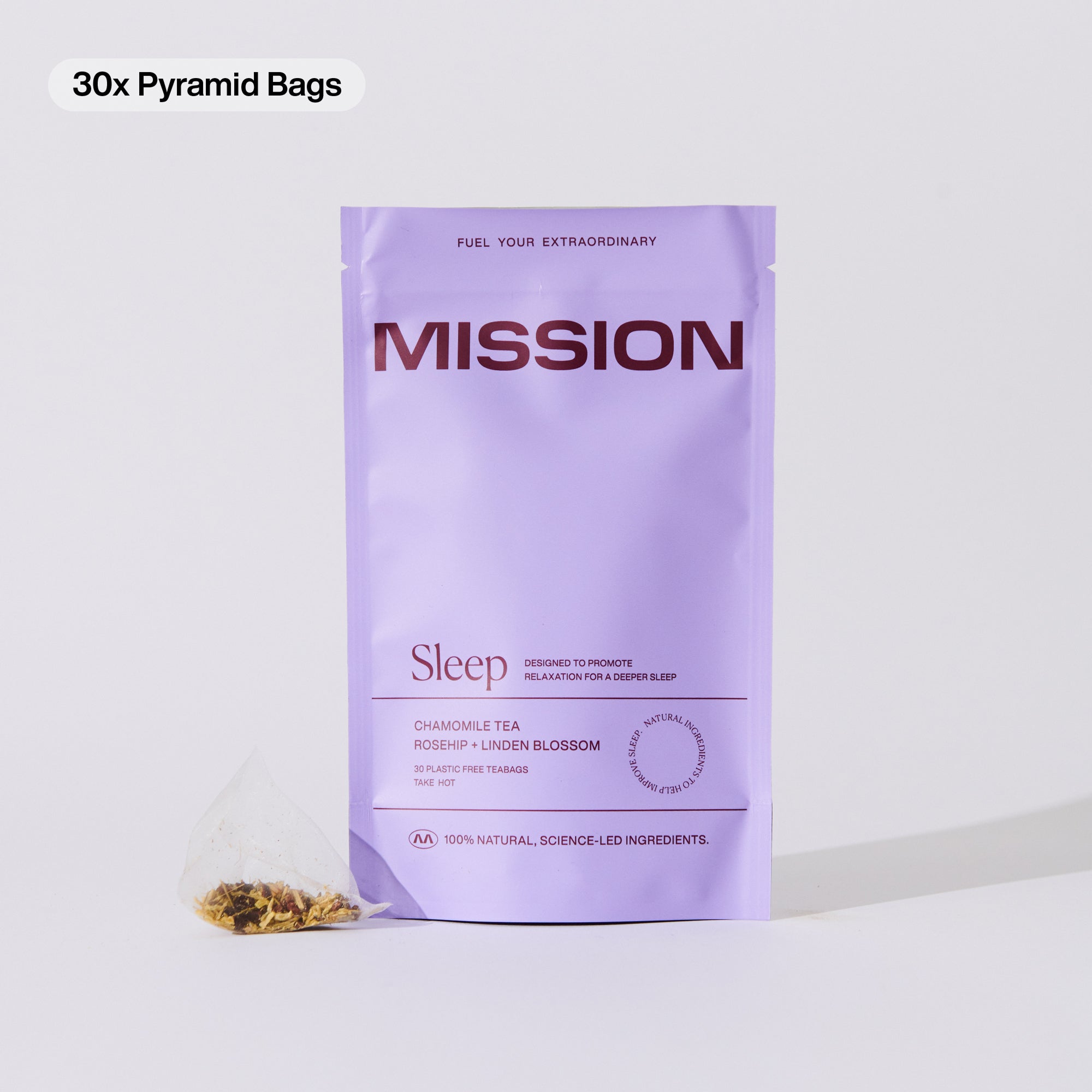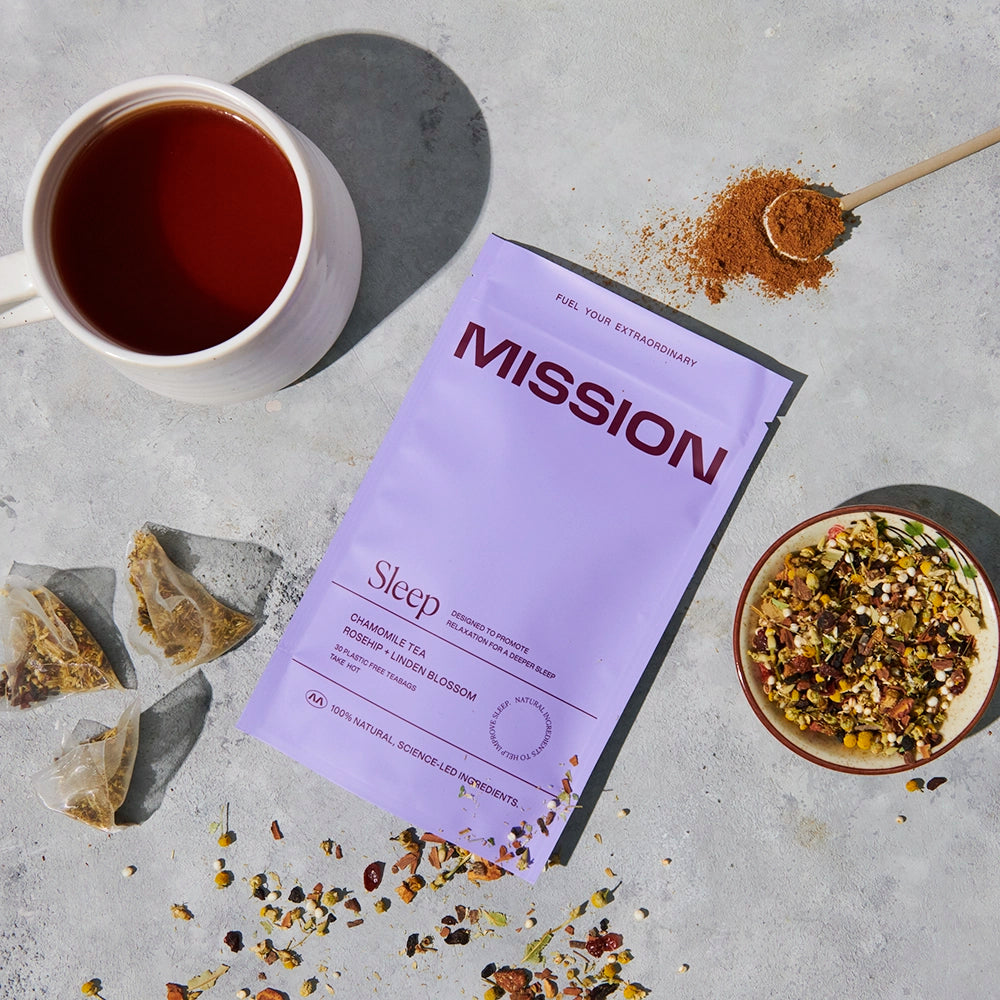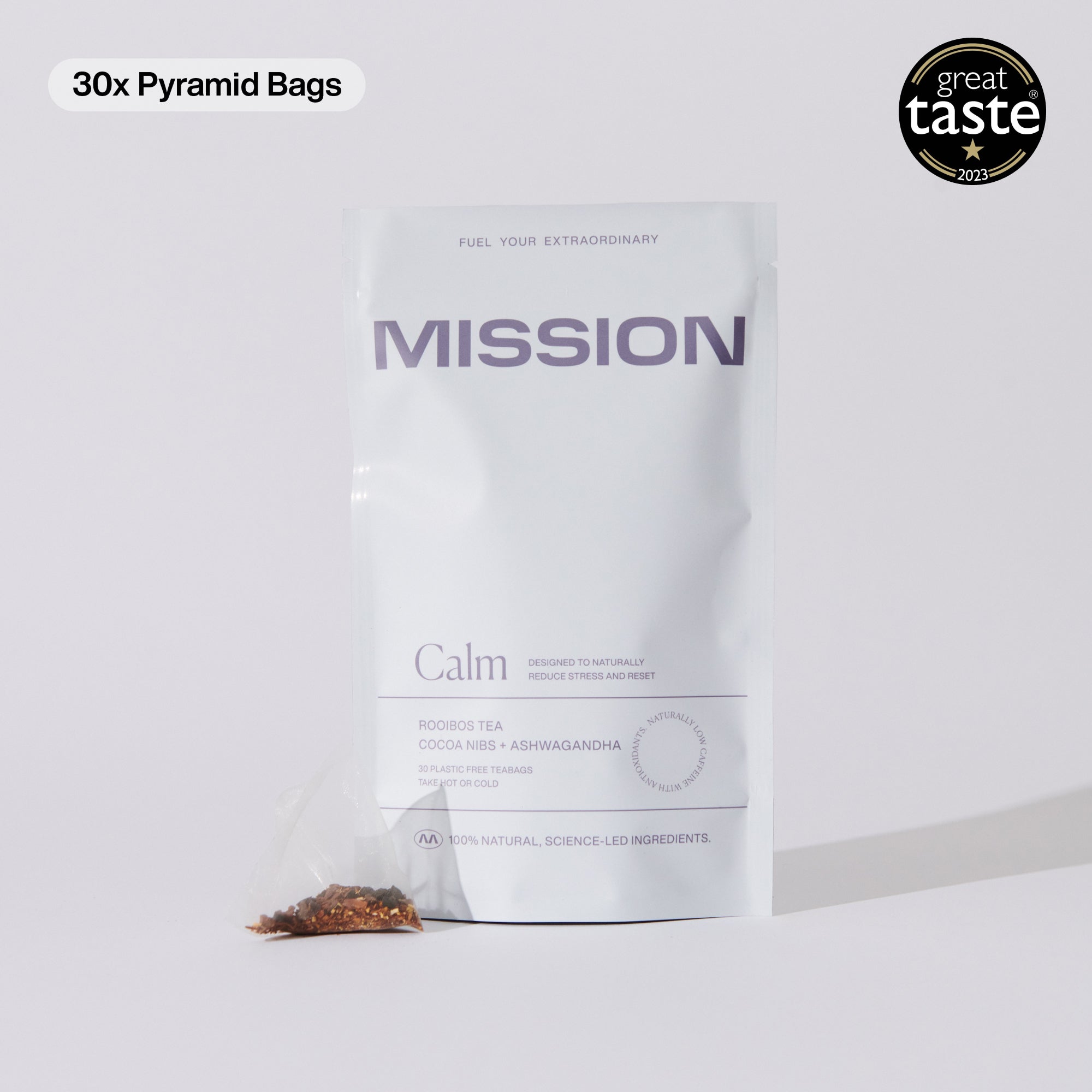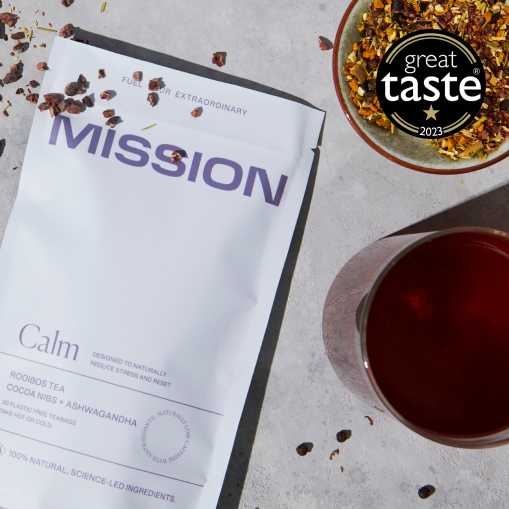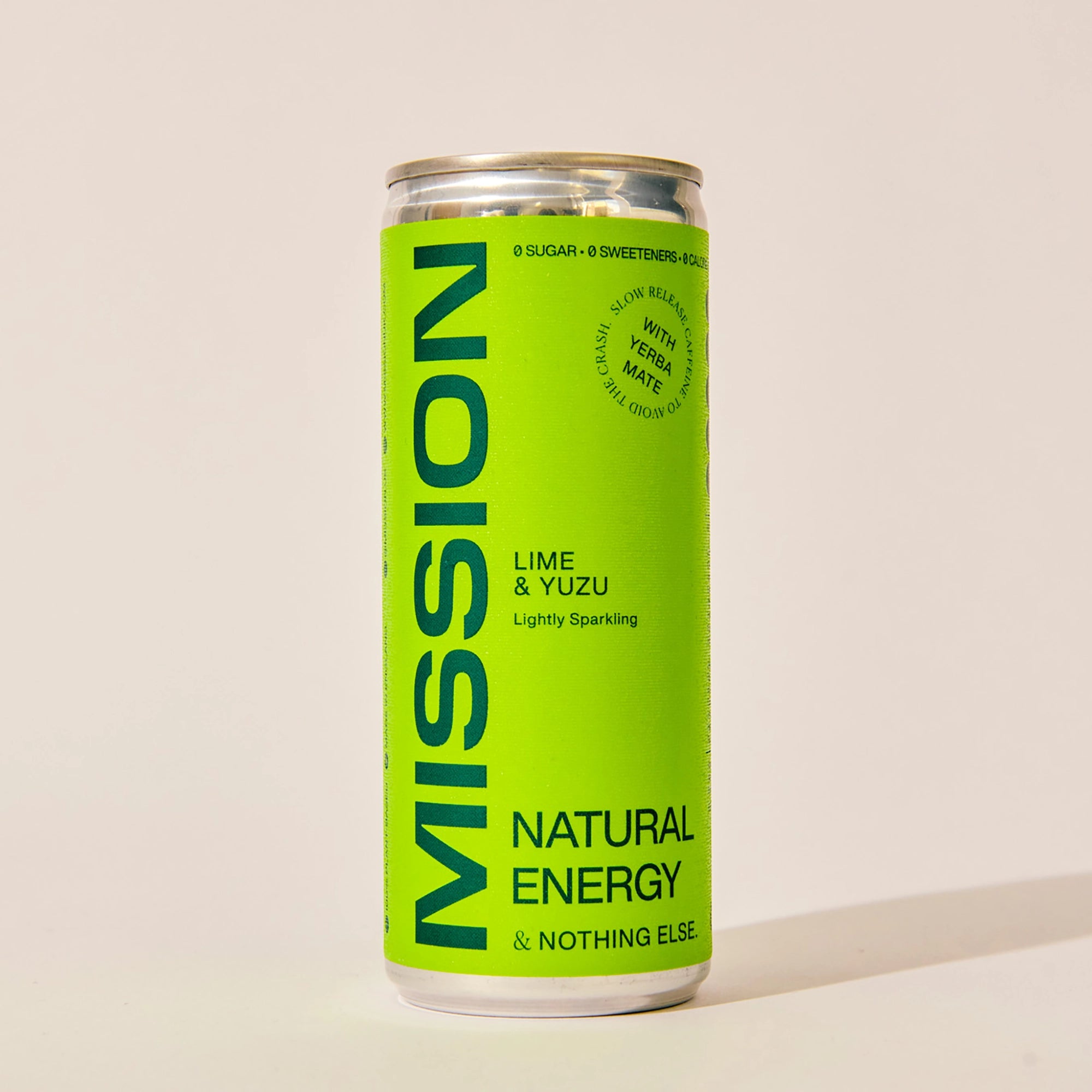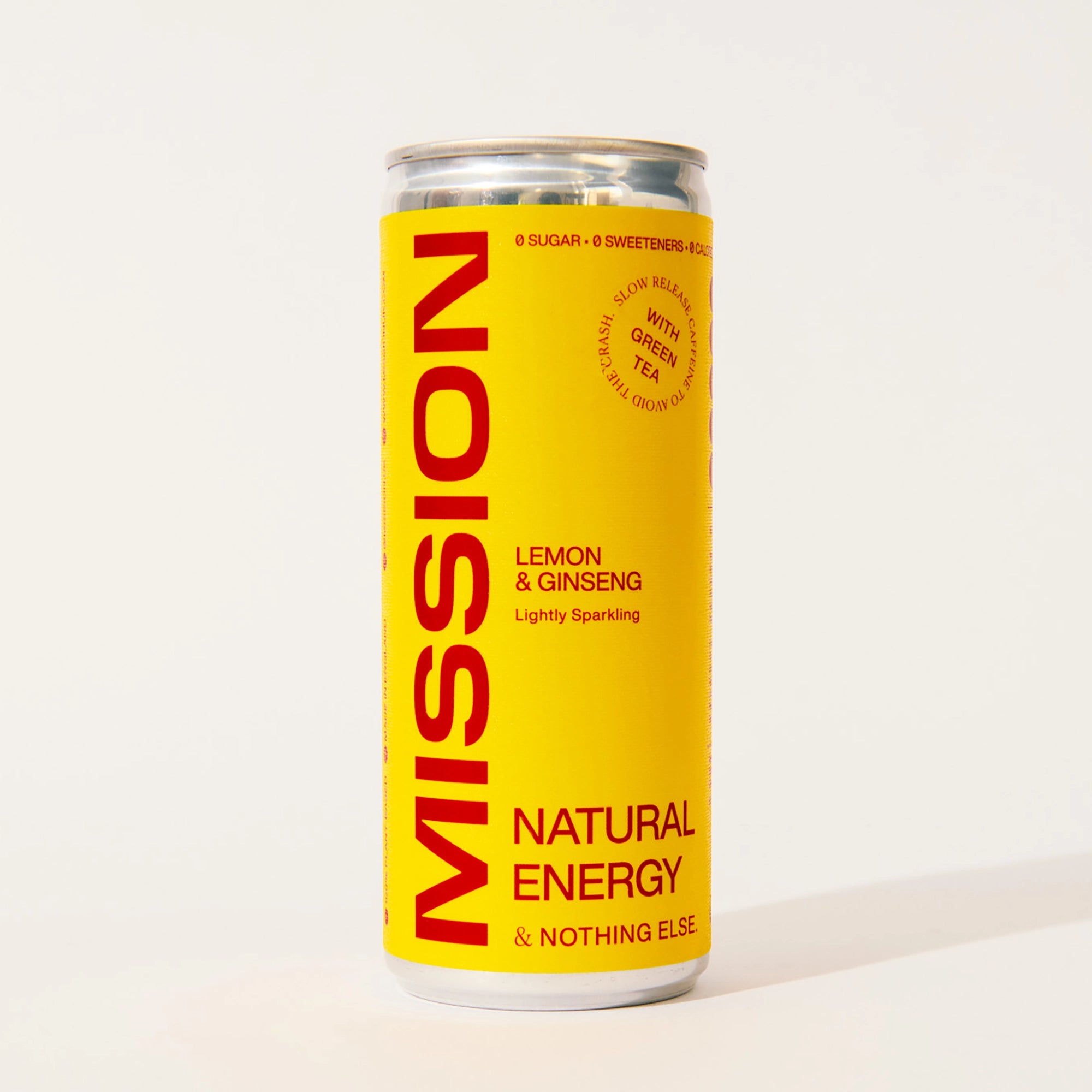What are adaptogens + why do they aid performance?
Ashwagandha is an Indian herb that is part of a family of plants called adaptogens.
What are adaptogens?
Adaptogens are so called because they help your body functionally adapt when it is under intense physical or mental stress. It does so by improving your resistance to stress as well as your ability to perform.
Intense physical exercise - especially over a long period of time (such as in endurance events) exert a large amount of stress on your body. In order to manage this stress, your body has to have certain mechanisms in place to help it adapt.
Ashwagandha, as an adaptogen, enhances these mechanisms and helps your body to adapt to stress, therefore assisting recovery through:
- Improving muscle recovery by speeding up muscle growth, relieving pain and reducing lactic acid levels.
- Reducing harmful inflammation (through increasing antioxidant activity which helps to inhibit pro-inflammatory molecules).
- Decreasing levels of stress hormones such as cortisol.
A deep dive on cortisol
When you’re stressed, you trigger the release of cortisol from the adrenal glands, followed by an increase in heart rate for the classic fight-or-flight response. Cortisol can be a lifesaving hormone in dangerous situations. But it can be debilitating when stress is constant. Elevated stress levels can contribute not only to that signature irritability and fatigue, but also to negative impacts on the body’s major systems.
Here’s a stress-reducer: Ashwagandha root extract can potentially block the brain’s stress processing pathway by increasing inhibitory signaling, which may be involved in its anxiety-reducing effects concomitantly with decreased cortisol levels.
Ashwagandha has been shown to promote healthy levels of cortisol and the healthy inflammatory processes that are stimulated in the response to stress. Because stress is at the heart of many health conditions, helping the body adapt better benefits every bodily system including, healthy function of the immune, cardiovascular, and nervous systems, as well as the brain, muscles + joints.
Other benefits
Ashwagandha root has been studied for its support of a healthy inflammatory response and joint health + has been shown in some studies to support occasional joint pain, stiffness, swelling, and discomfort in healthy men and women. This is due to it naturally mitigating levels of C-reactive protein, which is a systemic marker for the body's inflammatory response.
How should I take it?
Recent studies have demonstrated these benefits at a wide range of doses over 10 days or more. This means that regular small doses of Ashwagandha extract from Mission’s Recover Tea could help to speed up your recovery time and significantly improve your athletic performance.
We like to drink a Recover blend in the afternoon in lieu of that 3pm 'danger coffee' which can leave you feeling wired and unable to sleep properly. Not only is it a caffeine free alternative, the word “somnifer” (from Ashwagandha’s botanical name Withania somnifera) translates to “sleep inducer” in Latin. And Ashwagandha has been used in Indian medicine as a sleep-inducing medicinal herb.
Researchers initiated a small study to see how Ashwagandha affects sleep in participants battling insomnia. They found that 300mg of Ashwagandha root extract taken two times per day helped participants fall asleep faster and improved their overall quality of sleep.
References:
1. Wankhede, S., Langade, D., Joshi, K., Sinha, S. R. & Bhattacharyya, S. Examining the effect of Withania somnifera supplementation on muscle strength and recovery: a randomized controlled trial. J. Int. Soc. Sports Nutr. 12, 43 (2015). 2. Kour, K. et al. Restoration of stress-induced altered T cell function and corresponding cytokines patterns by Withanolide A. Int. Immunopharmacol. 9, 1137–1144 (2009). 3. Ziegenfuss, T. N. et al. Effects of an Aqueous Extract of Withania somnifera on Strength Training Adaptations and Recovery: The STAR Trial. Nutrients 10, (2018)
3.https://pubmed.ncbi.nlm.nih.gov/31728244/





